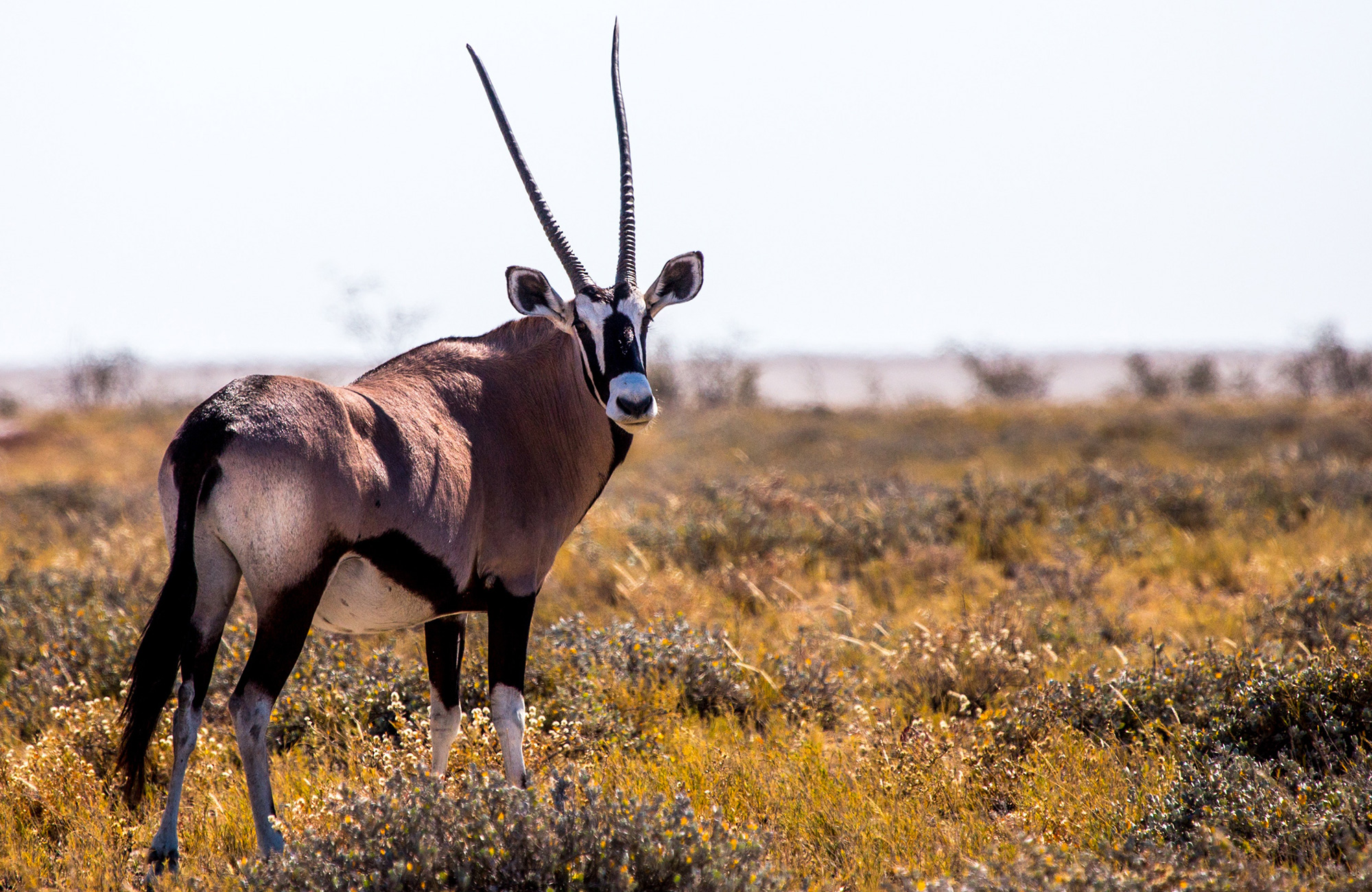Vapaaehtoistyö eläinten parissa on unohtumaton kokemus, jonka aikana pääset lähelle luontoa ja edistät pienillä teoilla eläinten hyvinvointia. Valikoimastamme löytyy kasapäin erilaisia eläintensuojeluprojekteja, joissa kaivataan vapaaehtoisia. Eri eläinlajit tarvitsevat huomiota: yksi suojelua salametsästykseltä, toinen puhdistusta öljylauttojen jäljiltä, kolmas kuntoutusta vankeuden jäljiltä. Vapaaehtoistyö eläinten parissa on erittäin palkitsevaa, kun voit aktiivisesti olla mukana jonkin tietyn lajin tulevaisuuden turvaamista.
Kysy eläintensuojeluprojekteista
Haluan tehdä vapaaehtoistöitä eläinten parissa - mistä lähden liikkeelle?
Ensimmäiseksi sinun on tärkeää miettiä miksi ylipäätään haluat lähteä vapaaehtoistöihin ja mitä odotat vapaaehtoistöiltä. Seuraavaksi voitkin alkaa pohtimaan sitä, minne päin maailmaa voisit kuvitella lähteväsi ja minkä eläinlajin tulevaisuutta haluaisit ensisijaisesti olla turvaamassa. Voit työskennellä esimerkiksi turistialueilta pelastettujen elefanttien parissa Thaimaassa, tehdä vapaaehtoistyötä villieläinten hyväksi Namibiassa tai turvata kilpikonnien syntyvyyttä Kreikassa, Costa Ricassa tai vaikka Filippiineillä – paikkoja on monia ja apua tarvitaan eri puolilla maailmaa!
Yhteistyöorganisaatiomme ovat tarkasti valittuja ja niiden toimintaa pyörittävät uskomattoman hyväsydämiset ihmiset. Uskomme, että kaikilla eläimillä tulisi olla mahdollisuus elämään, ja vapaaehtoistyö eläintensuojelutehtävissä auttaa turvaamaan tätä mahdollisuutta.
Mitä vapaaehtoiset työntekijät tekevät?
Vapaaehtoistyö eläinten parissa on usein uhanalaisten lajien tai kaltoinkohdeltujen yksilöiden suojelua. Projektien vakituiset työtekijät perehdyttävät sinut työtehtäviin ja kertovat sinulle esimerkiksi eläinten käyttäytymisestä. Tavallisesti vapaaehtoisten päivittäisiin työtehtäviin kuuluu muun muassa:
- Eläinten ruokinta
- Erilaisten tilojen rakentaminen
- Tarhausten ylläpito
- Tutkimustyössä avustaminen
Kenelle vapaaehtoistyö eläintensuojeluprojekteissa sopii?
Vapaaehtoistöihin voi periaatteessa lähteä kuka tahansa, jolla on riittävästi aitoa intoa ja kiinnostusta eläintensuojelua kohtaan.
Useimmat yhteistyöprojektimme vaativat 18 vuoden vähimmäisikää sekä riittävää englannin kielen taitoa, jotta kommunikointi ohjaajien kanssa onnistuu. Joissain projekteissa myös espanjan osaaminen on hyödyllistä.
Yleisesti ottaen vapaaehtoisilta edellytetään joustavuutta ja ymmärrystä mahdollisesti muuttuvissa tilanteissa. Jotta saat itse mahdollisimman paljon irti kokemuksestasi vapaaehtoisena, tulee sinun olla positiivinen, oma-aloitteinen ja valmis uusiin haasteisiin. Vapaaehtoistyö eläinten parissa voi olla fyysisesti raskasta (osa projekteista on haasteellisimpia kuin toiset), joten projektia valitessa myös oma kuntotaso on hyvä ottaa huomioon.
Jos haluat apua sopivan vapaaehtoisprojektin löytämiseen, ota meihin yhteyttä. Opastamme ja autamme sinut koko prosessin läpi ja vastaamme kysmyksiin.
Varaa maksuton suunnitteluaika
Kauanko vapaaehtoistyö eläinten parissa kestää?
Vapaaehtoistöiden kesto riippuu sekä valitsemasi projektin vähimmäisvaatimuksista että omasta aikataulustasi. Joissain eläintensuojeluprojekteissa on mahdollista viettää vain noin viikon verran kun taas toiset projektit vaativat yli kuukauden mittaista sitoutumista. Suurin osa tarjoamistamme eläintensuojeluprojekteista on kestoltaan noin 15 päivää.
On tärkeää ymmärtää, että kyseessä ei ole lomamatka, vaan sinun oletetaan työskentelevän joka päivä (yleensä viikonloput ovat vapaat) ja olevan aidosti kiinnostunut siitä, mitä teet.


